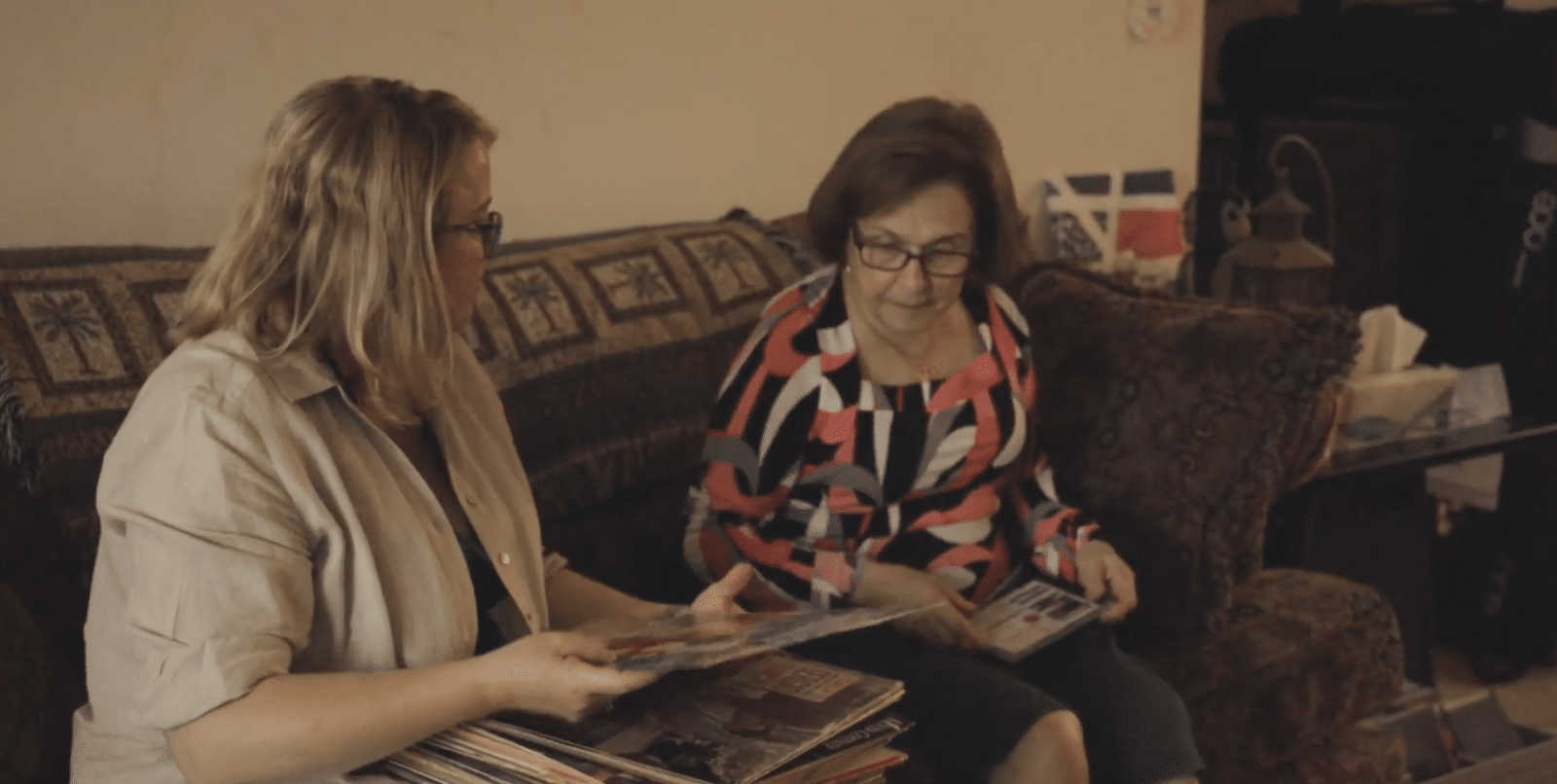By Eileen Connelly, OSU
Catholic Social Services of the Miami Valley (CSSMV) offers a variety of resources to help seniors, from visits to long-term support services. One example, which truly provides a voice for seniors, is the Life Essentials guardianship program.
Teresa Sevor, program manager, explained that it offers support for seniors who have been deemed mentally incompetent and don’t have family members willing or able to make sound decisions for them. Life Essentials does not accept referrals from family members or neighbors, only from providers. For a guardianship referral to be warranted, the individual must be incapacitated and unable to manage his or her financial resources and make sound medical decisions. Persons seeking to get an individual into guardianship are referred to the Probate Court, the Volunteer Lawyers Project (VLP) the Dayton Bar Association for information and assistance.
Life Essentials staff members and well-trained volunteers take on the important and meaningful role of guardian, working with their wards, advocating for them, and ensuring each has the best possible quality of life. It’s a rewarding role for guardians like Katelyn Cripps, who said, “We help our wards make safe decisions, whether it’s consenting to their living arrangements, medical treatments, doctors’ appointments, or end of life care. If they have the finances, we are the guardian of the person, not the finances.”
Their work was challenging during the height of COVID, Cripps added, although services did continue via telehealth, allowing for safe social distancing for both guardians and wards. Cripps emphasized that guardians strive to build rapport with their wards, getting to know them as individuals and what’s important to them. “We want to make decisions that are in their best interest and try to have them involved as much as possible in making those decisions,” she explained. “There’s so much of what we do that’s rewarding.”
Cripps recalled a situation with one ward she had come to know well who was able to have a medical procedure that enabled her to return to her baseline, rather than considering Hospice, for the time being. “It helps that I know her history and have a sense of what’s best for her, otherwise she might have passed away sooner than expected,” Cripps said. “She’s doing well now.”
“I had another ward who wanted to be buried with his wife, so I made those arrangements,’ she added. “It’s those kinds of things that are so rewarding, knowing that you’ve made a difference in someone’s life. We advocate for them and we are their voice. I love what do.”
A guardian for nearly 10 years, Marisa Lovely shares this sentiment. She was drawn to the position due to a strong desire to be of service to the elderly. “I’ve always enjoyed working with the elderly. Sometimes they don’t have anyone else to help them,” she explained.
When it became obvious that one of her wards, for whom she had become a successor guardian and taken over from a volunteer, was living in a situation that didn’t meet her needs, Lovely stepped in. That woman has since moved from a tiny, cramped nursing home room to more space in a different facility that offers a variety of activities for residents to enjoy. “You can just see she has a better quality of life now and is so much happier,” Lovely said. “She gave me a tour recently and said her new place is like a castle to her. She’s able to have her sewing machine there and has her pictures on the walls. It’s much more of a home for her.”
“It feels good, at the end of the day, knowing that she’s in a better place and happier,” Lovely said.
“Catholic Social Services of Miami Valley, through Life Essentials Division, would like to take this opportunity to say thank you to all of you that have donated or prayed for our guardians and wards,” Sevor said. “The impact that you have made is life-changing for the wards and has helped to ensure that our seniors are living in a safe and least restrictive environment, receive medical care, free from abuse, neglect, and exploitation, and have end of life decisions put into place for a dignified death. It has helped to provide a voice for those who have been deemed legally incompetent by the Probate Court. Again, we say thank you.”

